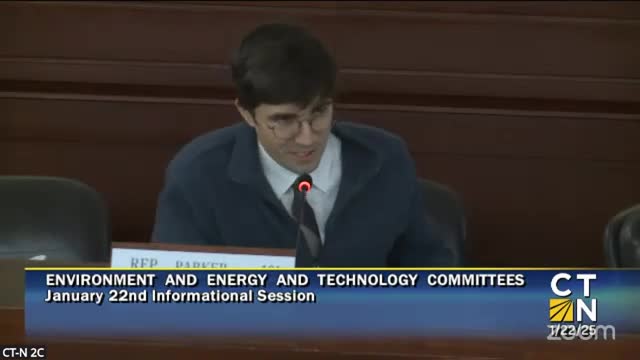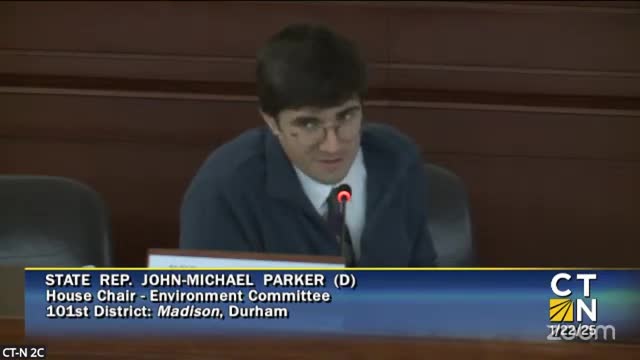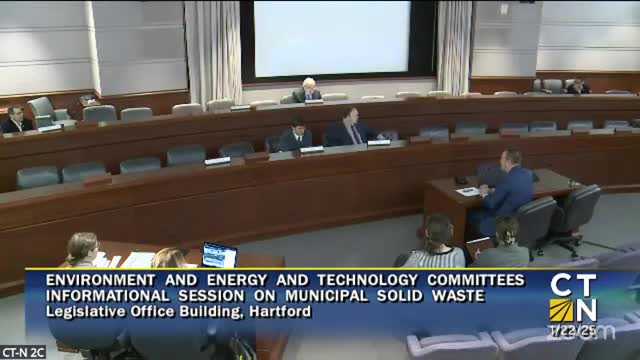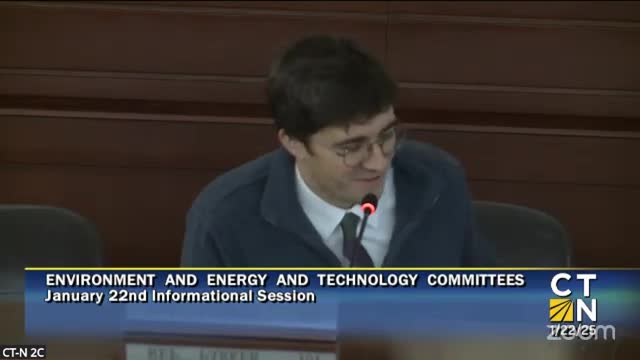Article not found
This article is no longer available. But don't worry—we've gathered other articles that discuss the same topic.

Connecticut DEEP frames statewide solid-waste strategy, highlights pilot grants and planned waste study

Regional authority urges more funding for transfer stations, recycling coordinators, HHW access and local organics infrastructure

Industry pitches new in‑state processing and upgrades as Connecticut confronts shrinking disposal capacity

